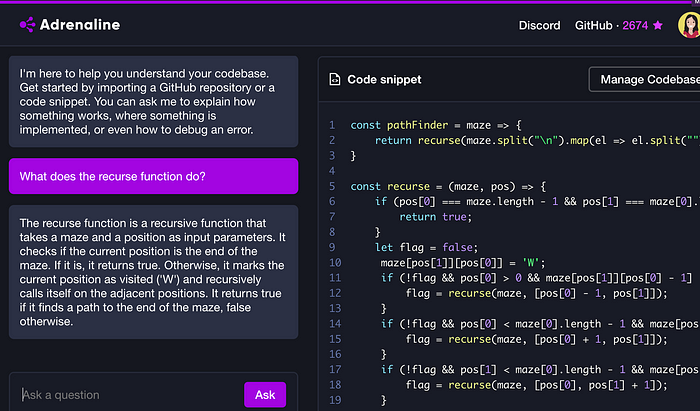In an era where data reigns supreme and artificial intelligence permeates every facet of life, even the revered world of football finds itself at a crossroads. The challenge? To embrace technological advancement without inadvertently throttling the very heartbeat of the beautiful game: fan passion.
The Inevitable March of Innovation
Alberto Barachini, Italy’s Undersecretary to the Presidency of the Council with a portfolio spanning information and publishing, offers a measured yet resolute perspective on the burgeoning role of technology in football. His stance is clear: «Technology is part of human evolution. There`s no turning back. However, it is essential to use it virtuously. The algorithm must not kill the passion of the fans.»
Indeed, AI and big data are already deeply embedded in professional football. From scouting the next superstar to meticulously tracking player performance and preventing injuries, the benefits are undeniable. Video Assistant Referees (VAR), electronic offside systems, and goal-line technology have revolutionized officiating, aiming for greater accuracy and fairness. These innovations promise an immersive experience for audiences, transforming how we consume the sport.
The Human Heartbeat of the Game
Yet, amidst this technological embrace, a critical question emerges: How do we reconcile this digital revolution with the safeguarding of fundamental rights, particularly the unquantifiable essence of human emotion and trust? Barachini posits that data—its collection, preservation, and utilization—has become central. While professional decisions are increasingly data-driven, the peril lies in data distortion. To combat this, Serie A is exploring blockchain technology to certify data, rendering it unalterable and trustworthy. This commitment to data integrity is crucial, but it`s only half the story.
«We have a duty to ensure that the last word belongs to man. It`s a matter of trust. Whoever attends a football match or follows their idol must believe that the event unfolds in full respect of the rules. If innovations increase the climate of trust, they are welcome; if they distract from performance, they should be limited.»
This statement encapsulates the core philosophy: technology should be an enabler, not an overlord. The spontaneity of a brilliant play, the collective gasp of a stadium, the tension before a penalty kick—these are the elements that define the football experience. Barachini cautions that excessive digital interaction could dilute this raw, visceral involvement. While acknowledging the multi-dimensional consumption of football by younger generations (citing the experimental Kings League), he firmly advocates for preserving the unique atmosphere of the stadium, where moments of anticipation are savored without digital distraction.
The Referee`s Predicament: Man vs. Machine
It’s an intriguing paradox: despite the pervasive presence of VAR, electronic offside, and goal-line technology, fans worldwide continue to vehemently dispute refereeing decisions. Barachini finds this phenomenon quite telling. «It`s a good thing,» he muses, «in the sense that we rightly continue to have a relationship with human evaluation. Otherwise, fan support would be suppressed.»
The surreal pause in a stadium—the collective hush as a decision goes to video review, followed by an explosion of joy (or despair)—is undeniably «disorienting.» Having visited the Lega Serie A VAR center, Barachini acknowledges its significant stride into the future. However, he emphasizes that the nuanced strength of a contact in play is often best judged by those on the field. The goal, he stresses, is to achieve a delicate equilibrium between the televised-digital component and the irreplaceable human element, lest we inadvertently «kill the most beautiful thing about football: passion.» It seems even the most sophisticated algorithms can`t quite extinguish the primal joy of a good, old-fashioned protest.
Navigating the AI Legal Landscape and Privacy Perils
Beyond the pitch, the legal implications of AI are equally critical. Italy`s AI bill, currently undergoing its third reading in the Senate, aims for definitive approval by summer. This legislation introduces specific copyright protection, vital for information and publishing sectors, and criminalizes «deepfakes» when used to cause harm. Barachini cites a disturbing example from a basketball game where AI manipulated spectators` expressions on screens, distorting the mood and inducing criticism of the team`s play. This manipulation, he warns, is a particularly sensitive issue in sports, where false images or protests spread on social media could exert undue pressure on clubs.
On the topic of facial recognition at stadium turnstiles—a proposed measure to identify violent or discriminatory individuals—Barachini is unequivocal. European regulations on biometric data are stringent, limiting use to severe criminal investigations. For stadiums, he sees no necessity for facial recognition, arguing it compromises privacy. The existing nominative ticket procedures, he believes, are sufficient.
The Enduring Passion
Ultimately, Barachini’s discourse returns to his own deep-seated love for the game. A lifelong Juventus fan, he describes football as «pure passion.» For him, playing the sport, even rarely now, is a nostalgic return to childhood. This personal connection underscores his core message: while technology offers powerful tools to enhance and refine football, it must never overshadow the raw, human emotion that fuels its global appeal. The challenge lies in harmonizing the precision of the algorithm with the unpredictable thrill of human endeavor, ensuring that the beautiful game remains just that—beautiful, and deeply human.

